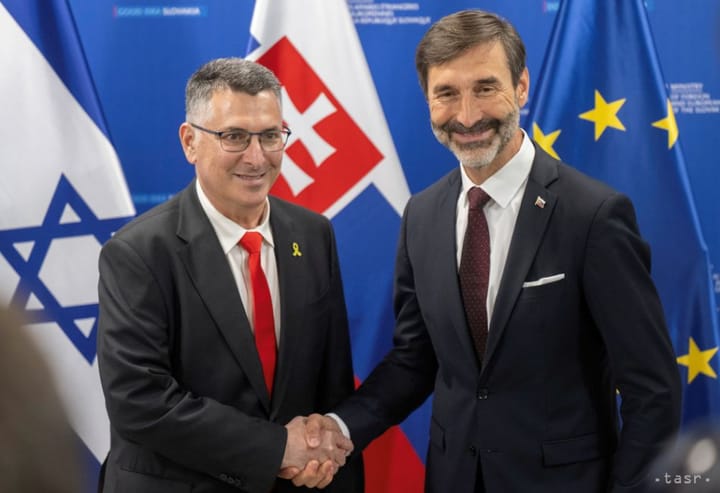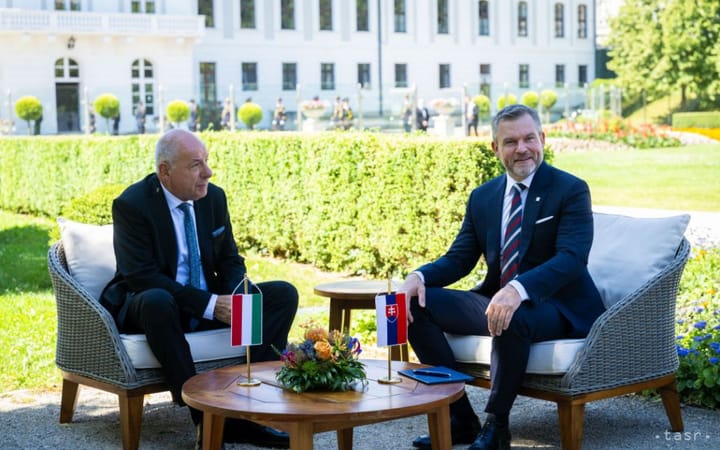CoFoE: BSK: Towns and Regions Should Have Stronger Voice in EU Decision-making

Bratislava, June 21 (TASR) – Towns and regions should have a stronger voice in European Union (EU) decision-making, the Bratislava Regional Authority (BSK) has told TASR in connection with conclusions of the Conference on the Future of Europe (CoFoE).
The coronavirus pandemic and the humanitarian crisis connected with the war in Ukraine have clearly shown that Europe is dependent on regions, towns and villages. “Surveys have also been long-term showing that people trust local and regional governments most, as they know their everyday problems best,” said BSK spokesperson Lucia Forman.
According to Forman, EU municipalities are responsible for implementing as much as 70 percent of EU legislation in their territories. “However, their role in creating legislation that essentially concerns them is still very limited,” noted the BSK spokesperson.
BSK believes that the position of the European Committee of the Regions should be moved from a consultative level to a position in which it will have a binding position in EU areas and policies with a strong territorial dimension. “This will also strengthen the EU’s democratic legitimacy and contribute to the Union’s positive perception among population,” said Forman.
According to BSK, many changes can be achieved without the need to revise the basic EU treaties. However, if necessary, there should not be any concerns regarding their revising, in which BSK fully identifies with the position of Slovakia.
BSK claims that CoFoE conclusions must be translated into concrete changes that will simplify EU decision-making processes in line with the principles of subsidiarity and multilevel governance. “Otherwise, the EU’s credibility in the eyes of the population will significantly suffer,” stated Forman.
BSK monitored the CoFoE and participated, through the European Committee of the Regions, in creation of the position of towns and regions on issues within individual working groups.



